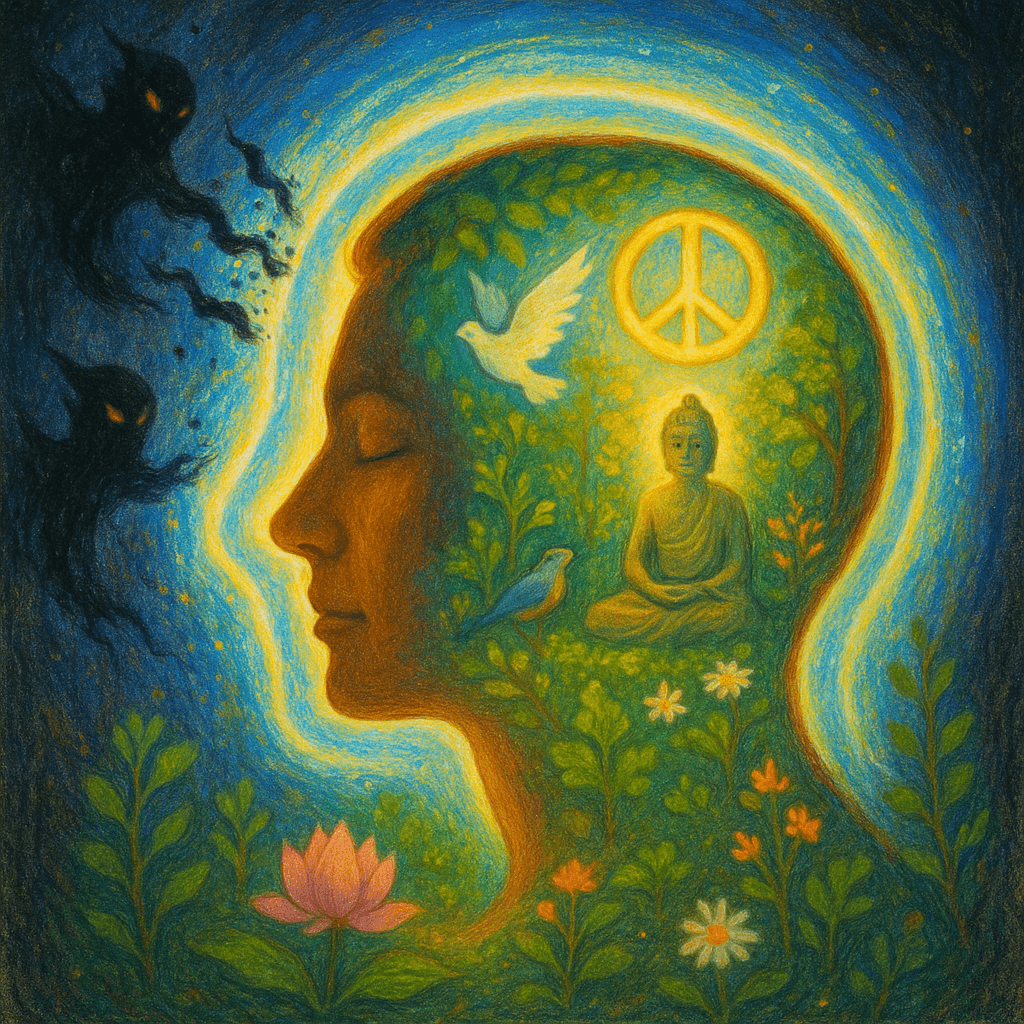Your Own Mind Is a Sacred Enclosure into Which Nothing Harmful Can Enter Except by Your Permission — Arnold Bennett

Your own mind is a sacred enclosure into which nothing harmful can enter except by your permission. — Arnold Bennett
—What lingers after this line?
One-minute reflection
What feeling does this quote bring up for you?
Power of Personal Agency
Bennett’s statement emphasizes that individuals possess the ultimate authority over their thoughts. Like Viktor Frankl in *Man's Search for Meaning* (1946), who describes finding inner freedom even in a concentration camp, this idea holds that control over one’s mindset can persist regardless of external circumstances.
Boundaries of the Mind
The metaphor of a 'sacred enclosure' signals the inviolability of the mind's inner sanctum. Similar to the Stoic concept of the mind as a citadel, as in Marcus Aurelius’ *Meditations* (c. 180 AD), the quotation advocates guarding one’s thoughts against negativity or harmful influences.
Permission and Responsibility
By stating that harm only enters 'by your permission', Bennett implies personal responsibility for mental well-being. This aligns with Eleanor Roosevelt’s famous assertion: 'No one can make you feel inferior without your consent.' It suggests that self-awareness and choice are central to emotional resilience.
Mindfulness and Mental Hygiene
The quotation encourages mindful awareness of what we allow into our mental space. This mirrors practices found in Buddhism, where meditation is used to observe and dismiss unhelpful thoughts, as outlined in Thich Nhat Hanh’s *The Miracle of Mindfulness* (1975).
Societal and Historical Implications
Bennett wrote during the early 20th century, a period marked by anxieties about modernity and personal autonomy. His focus on mental sovereignty offered reassurance against societal pressures—themes reminiscent of Emerson’s *Self-Reliance* (1841), which also celebrated the independence of the individual mind.